
Dervla Murphy, who died in May, was probably Ireland's best known and best loved travel writer. Full Tilt: Ireland to India with a Bicycle, published in 1965, was the first of more than 20 books of mostly solo travels by bike, bus and mule.
Several great writers share the simple plotline of 'cross the Channel and just keep going'. Laurie Lee to the south coast of Spain, Paddy Leigh-Fermor to Constantinople, Hilaire Belloc to Rome. Setting out in 1963, Irish writer Dervla Murphy, who died last month, went further than any of them. But then, she did have a bicycle.
Insouciance is a word not often used nowadays. But to discover its meaning, just read Dervla Murphy
Always, among these adventures involving blistered feet or frostbitten fingers, I'm intrigued by the moment where the idea bursts out of the adventurer, seemingly fully formed, like the nasty little space monster in the Alien movie. With Dervla Murphy the space monster moment was earlier than most. On her birthday she received her first bicycle, and also an atlas – both of them second-hand. Clearly a bike ride to India was meant to be. Well, it was clear if you were 10-year-old Dervla Murphy.
She grew up in Lismore, County Waterford, and left school at 14 to look after her disabled mother. When her mother died 16 years later, Murphy prepared her bike, an Armstrong Cadet men's model called Roz – removing the 3-speed derailleur as too sensitive for the Middle East, mailing four inner tubes to various British or Irish embassies, and getting inoculated for yellow fever in case she decided to come home via Africa. Insouciance is a word not often used nowadays. But to discover its meaning, just read Dervla Murphy.
The crossing of France and Italy through the ice and snowdrifts of the worst winter in 70 years: bo-ooring! – this is dealt with in a page and a half. The story only starts when she crosses the Iron Curtain into communist Yugoslavia.
Entering Afghanistan, both she and Eric Newby five years earlier (A Short Walk in the Hindu Kush) are acutely aware of Alexander the Great passing by 2300 years before. This consciousness of our Classical heritage is just one thing that's faded over the 60 years since. Another, it has to be said, is Murphy's way of peering about her being charmed by the odd ways of the foreigners. Though such colonial attitudes are still with us, we don't express them in the same unselfconscious way.
But basically, this is a book of pure adventure. To cross Afghanistan, alone, on a bicycle, in the 1960s – this does take a special sort of woman. Devla Murphy has her own attitude to risks and dangers. "In general the possibility of physical danger does not frighten me" – she only gets scared when the dangers actually happen.
And happen they do. Before she even gets to Afghanistan she's fended off wolves with her revolver (three shots: one wounded, one killed), waded through waist-deep floods, been almost entombed in snowdrifts in a stuck bus, fended off two rape attempts, and enjoyed a delicious mutton soup – "delicious if you like your soup twenty-five percent grease with lumps of fat floating in it, as I do".
Not that Murphy altogether lacks the normal sense of caution. It is, she admits, a relief finally to arrive in Afghanistan: "Despite myself all the fuss about the dangers of Afghanistan [has been] having its effect on my nerves." People would keep going on about the Canadian woman stoned for accidentally photographing a mosque, or those picnickers slaughtered by the bandits.
The big advantage of a bike is the variety of different disasters that can be fitted in. Riding down the fabulously beautiful Shibar Pass (3200m) the back tyre gets torn open by the road. So it's the bus over the next pass: which turns out basically a goat track around a precipice. Bus breaks down; during the repairs night falls. Bus headlights don't work. Thunderstorm, hailstones big enough to take the skin off her nose. (Bus windows don't have glass in.) Exciting views of precipices under the lightning, fortunately not enough light to spot the two recently crashed buses lying in the ravine below. Discussion breaks out between driver and passengers over the bus fare. As the discussion gets heated, Murphy gets struck by a rifle butt, breaking three ribs. But don't worry, there's a Grade A luxury tourist hotel to spend the rest of the night in – hardly any fleas, and real glass in several of the windows – and at dawn she looks across the valley to see the cave monastery and the 6th-century sandstone Buddha, carved in place and 55m high.
The Bamiyan Buddha was shot down with artillery by the Taliban in 2001.
Travels through the Communist Bloc and impoverished India were the beginning of a lifetime of travel, and also of activism: in Northern Ireland during the Troubles; in Gaza and Palestine; in Zimbabwe during the AIDS epidemic. All this along with a growing political awareness. "Politicians", she told the Irish Times in 2014, are "a pile of fucking shits… "
- Mountain Literature Classics: The Wildest Dream by Peter and Leni Gillman 14 Aug
- Mountain Literature Classics: Harry Griffin, the alternative Wainwright 12 Jun
- Mountain Literature Classics: WH Auden's In Praise of Limestone 2 Dec, 2024
- Mountain Literature Classics: Of Walking in Ice by Werner Herzog 15 Feb, 2024
- Mountain Literature Classics: South Col by Wilfrid Noyce 9 Jan, 2024
- Mountain Literature Classics: Free Solo with Alex Honnold 29 Nov, 2023
- Mountain Literature Classics: That Untravelled World by Eric Shipton 3 Aug, 2023
- Mountain Literature Classics: Sir Gawain and the Green Knight 4 May, 2023
- Mountain Literature Classics: Menlove 9 Mar, 2023
- Mountain Literature Classics: Basho - Narrow Road to the Deep North 12 Jan, 2023




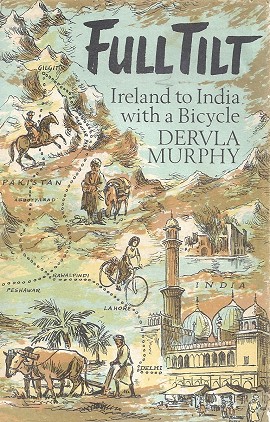









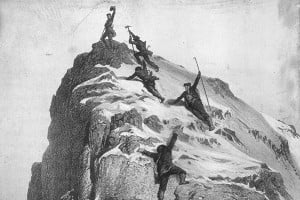
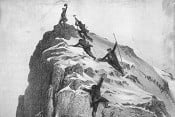
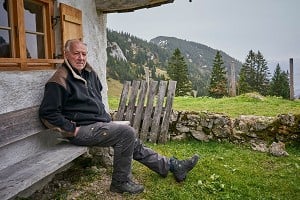
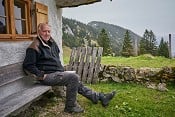
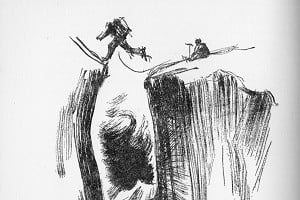
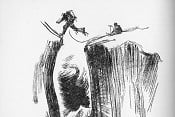


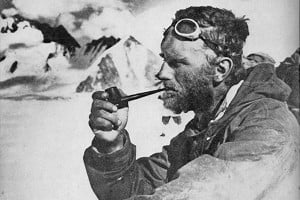
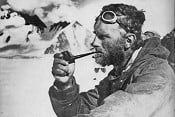
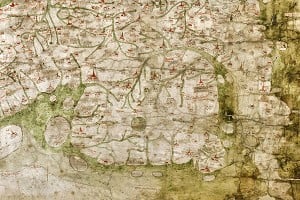

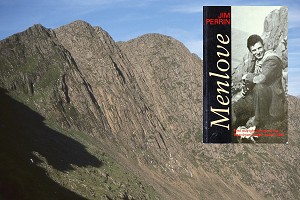
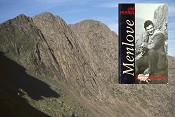
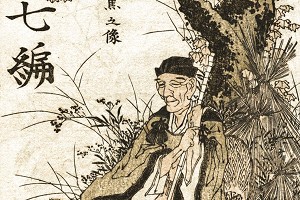

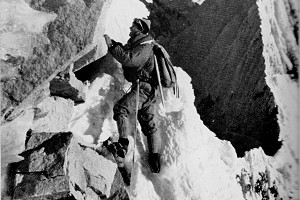
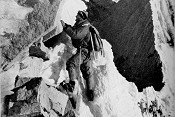
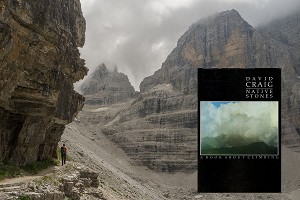
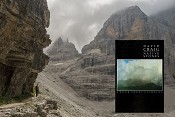
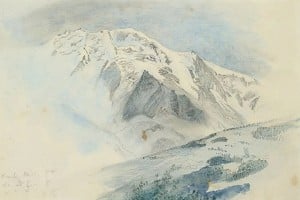
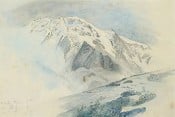
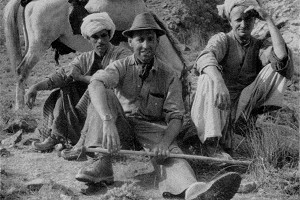
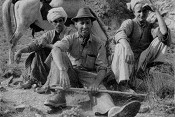
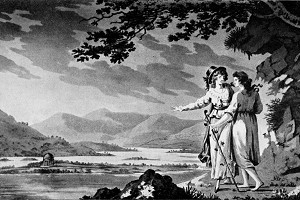
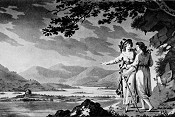
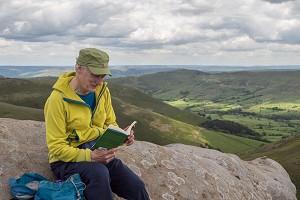
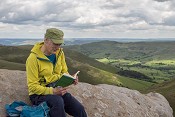
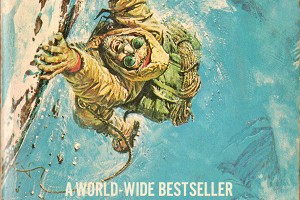
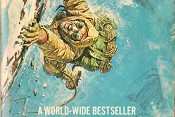
Comments